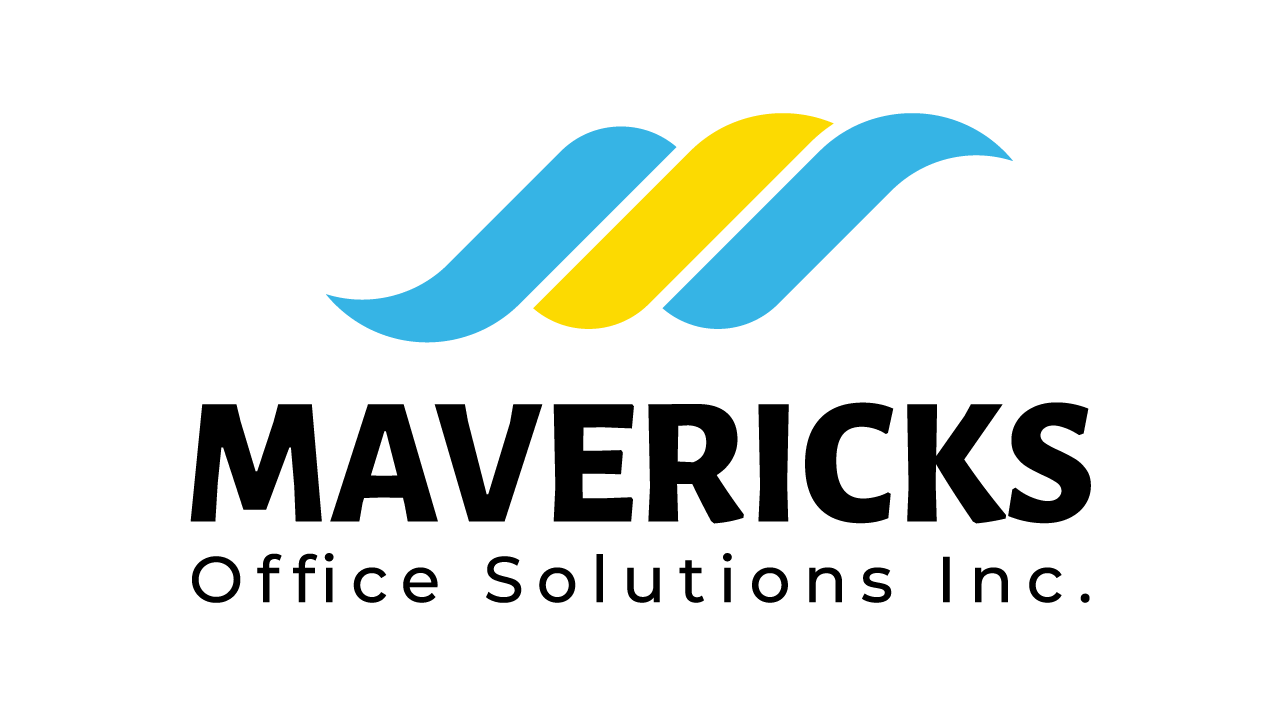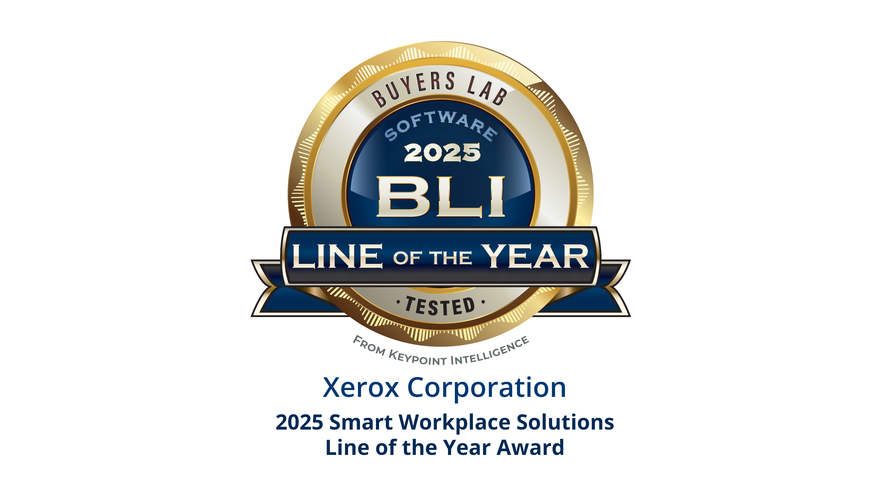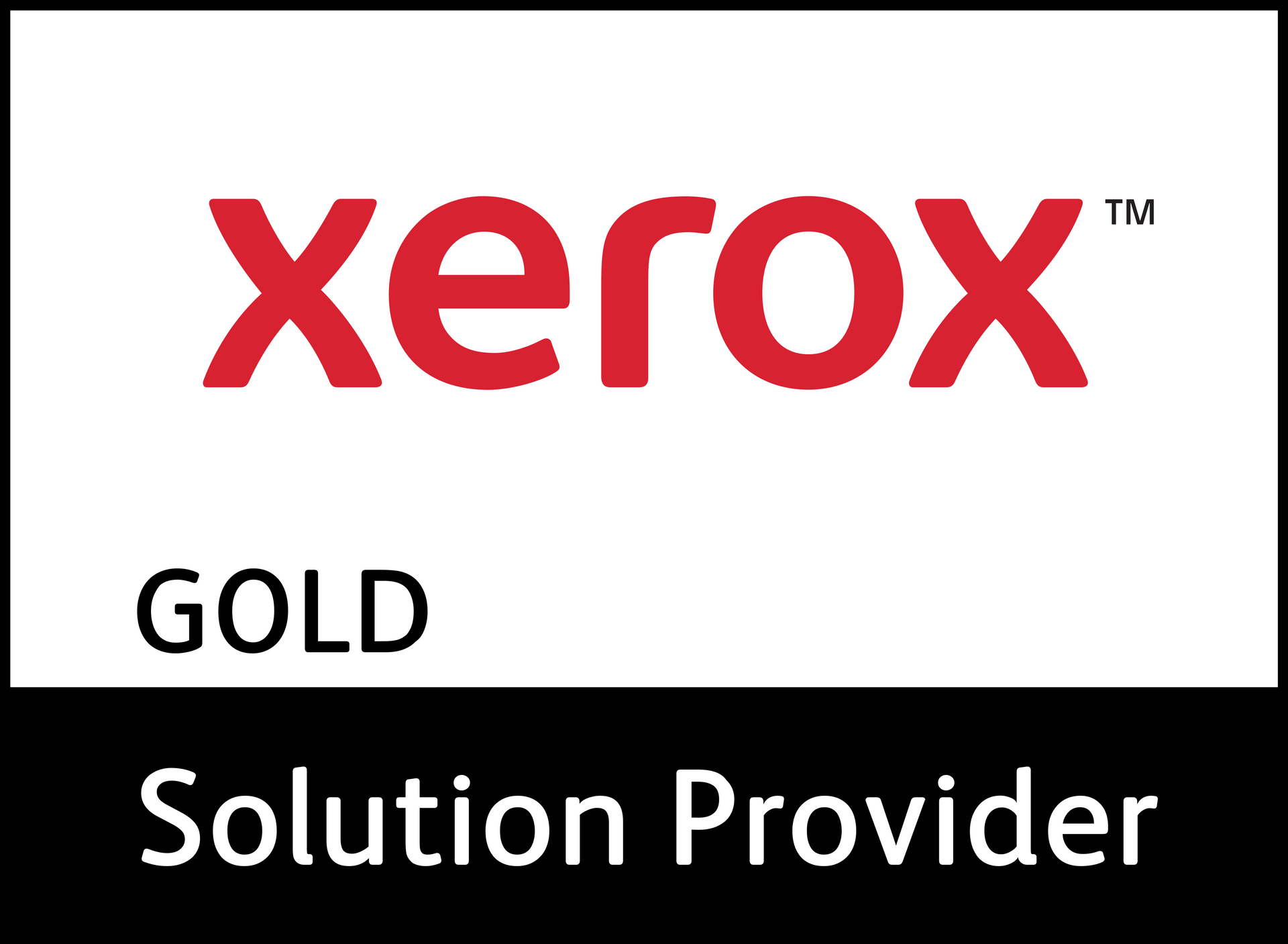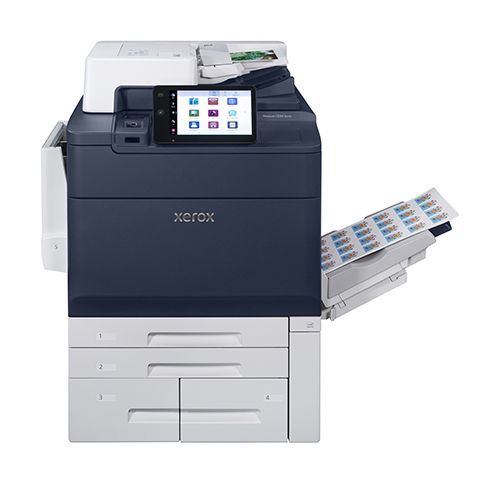Unlocking Efficiency: How OCR Technology Enhances Xerox Copiers
In today’s fast-paced business world, efficiency is key. Organizations are constantly searching for ways to streamline workflows, reduce manual labor, and improve document management. Optical Character Recognition (OCR) technology, integrated into modern Xerox copiers, is a game-changer in this regard. It transforms printed or handwritten documents into digital, searchable, and editable text, significantly enhancing productivity and accessibility.

What is OCR?
Optical Character Recognition (OCR) is a technology that converts different types of documents—such as scanned paper documents, PDFs, or images captured by a camera—into machine-readable text. OCR software identifies characters and words within an image, allowing users to edit, search, and store documents more efficiently.
The Role of OCR in Xerox Copiers
Xerox has been at the forefront of integrating OCR technology into its copiers and multifunction printers (MFPs). This powerful feature enables businesses to move beyond basic document scanning by creating intelligent digital files that can be indexed, searched, and retrieved effortlessly.
Key Benefits of OCR-Enabled Xerox Copiers
- Searchable PDFs and Editable Documents
OCR allows scanned documents to be saved as searchable PDFs or editable Word, Excel, and text files. This eliminates the need for manual data entry and enables quick access to information. - Improved Document Management and Retrieval
With OCR, businesses can categorize and tag documents based on keywords, making it easier to find specific files within seconds rather than manually sifting through stacks of paper or unstructured digital archives. - Enhanced Accuracy and Compliance
OCR minimizes human errors in data entry and ensures that documents are accurately digitized. This is particularly valuable in industries with strict compliance requirements, such as healthcare, finance, and legal services. - Multilingual Capabilities
Many Xerox devices support OCR in multiple languages, allowing businesses with international operations to process documents in various languages without requiring manual translation. - Seamless Integration with Business Applications
OCR-enabled Xerox copiers can integrate with document management systems, cloud storage platforms, and enterprise software like Microsoft SharePoint, Google Drive, and Salesforce, improving workflow automation.
Applications of OCR in Different Industries
- Legal Sector: Converts contracts, case files, and legal documents into searchable and indexed formats, improving research efficiency.
- Healthcare: Digitizes patient records for quick access and compliance with regulatory requirements.
- Finance: Automates invoice processing, reducing manual data entry and errors.
- Education: Converts printed study materials into digital resources for easy sharing and accessibility.
Choosing the Right Xerox Copier with OCR
Xerox offers a range of copiers and MFPs with built-in OCR capabilities, such as the Xerox AltaLink and Xerox VersaLink series. When selecting a device, businesses should consider their volume of document processing, integration needs, and budget.
Conclusion
OCR technology in Xerox copiers is revolutionizing document management by enhancing efficiency, reducing manual work, and improving accessibility. Whether you are a small business or a large enterprise, investing in an OCR-enabled Xerox copier can significantly improve your workflow and productivity.
If you’re looking for expert guidance on selecting the right Xerox copier with OCR for your business, Mavericks Office Solutions can help. Contact us today to explore the best solutions for your document management needs!
Want more information?



Cleveland Office
7855 Division Drive
Mentor, Ohio 44060
(440) 305-5514
Toledo Office
3950 Sunforest Ct
Toledo, Ohio 43623
(567) 970-3767



